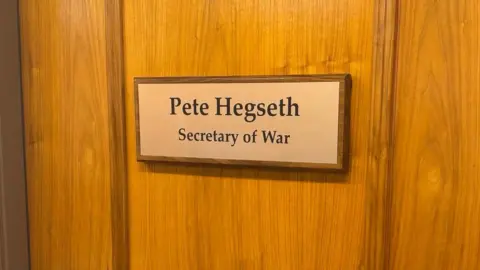Life in the deep Pacific Ocean is often described as slow and profound, home to unique and luminous creatures that thrive in one of Earth's most unexplored ecosystems. On April 25, 2025, President Trump enacted an executive order aiming to advance industrial mining operations targeting the ocean floor for mineral extraction. This unprecedented decision has raised significant apprehension within scientific communities, who warn that mining activities could inflict irreversible damage on these delicate ecosystems before they are thoroughly understood.
The executive order focuses on the extraction of metal-rich deposits found on the seabed, particularly polymetallic nodules. These nodules are sought after for containing essential metals such as nickel, cobalt, and rare earth elements vital for various technologies, including electronics, electric vehicles, and even advanced weaponry. Given their relatively easy extraction process, mining companies are eyeing these resources with increased interest.
Scientists, including geomicrobiologist Bethany Orcutt from Bigelow Laboratory for Ocean Sciences, emphasize the need for caution. The extreme conditions of the deep sea and the complex dynamics of its ecosystems make research challenging and costly. The full significance and functionality of these marine environments are still shrouded in mystery, leading experts to question the readiness of the industry to exploit them responsibly.
A primary focus of interest for mining companies is the Clarion-Clipperton Zone, a vast underwater area known for its rich mineral deposits. While proponents of seabed mining argue that it could address critical resource shortages and support technological advancement, environmental advocates caution against proceeding without more rigorous scientific inquiry into the ecological impacts.
As the debate surrounding seabed mining unfolds, diverse perspectives converge on the potential benefits and risks involved. Balancing economic growth against ecological preservation remains a critical challenge for regulators and stakeholders engaged in this contentious issue.




















